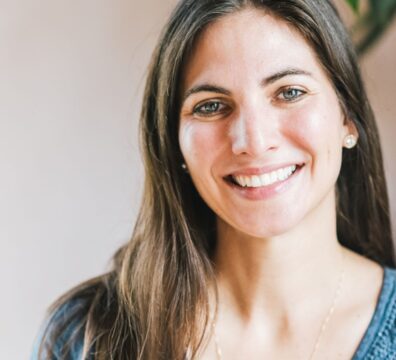Fertility in Your 30s: What You Really Need to Know
Your 30s can be a time of confidence, clarity—and questions. Questions about career, love, purpose… and yes, fertility.
Whether you’re trying to conceive now, planning for later, or simply want to understand your body better, one thing is clear: knowledge is power—and peace of mind.
Let’s break down what’s actually happening in your 30s, what you can influence, and how to move forward with confidence.
🧬 First, the Facts: What Changes in Your 30s?
By your early 30s, your fertility is still relatively strong. But by your mid to late 30s, egg quantity and quality begin to decline more noticeably. That doesn’t mean you can’t get pregnant—it just means time starts to matter more.
Here’s what’s going on:
- You’re born with all the eggs you’ll ever have—around 1 million.
- By puberty, you have around 300,000.
- By age 35, the average woman has a steeper drop in both egg count and egg quality.
- This means it can take longer to conceive, and there may be a slightly higher risk of miscarriage or chromosomal abnormalities.
But this is just biology—not destiny.
❤️ You Are Not “Too Late”
It’s easy to feel anxious, especially when people (or Google) keep reminding you of the “fertility clock.” But the truth is: many women conceive naturally in their 30s. Others need support—and that’s okay too.
Fertility is not a moral test, and it’s not something you failed at because you prioritized your career, healed from a breakup, or waited for the right person.
Modern medicine, supplements, nutrition, and emotional care can all help support your journey—on your terms.
🧘♀️ What You Can Do Now
Whether you’re trying now or just staying informed, here are some gentle yet powerful steps you can take:
- Know Your Cycle
Use apps, wearables, or traditional charting to understand when you ovulate and how your body signals it. Awareness is the foundation.
- Get Basic Tests
Even a simple AMH test (Anti-Müllerian Hormone) can give you insight into your ovarian reserve. It’s just a blood test—no big deal, but very informative.
Your body’s nutrient stores matter. Vitamins like folate, vitamin D, CoQ10, and iron play a key role in healthy egg development, hormonal balance, and implantation.
(Yes, a smart fertility supplement designed for women in their 30s can be a great ally.)
- Don’t Neglect the Emotional Side
Trying to conceive can feel like a full-time job. Talk about it. Journal. Meditate. Find a trusted friend or therapist. You’re allowed to feel everything—hopeful, afraid, tired, excited.
- Partner Health Matters Too
Up to 50% of fertility issues involve the male side. Encourage your partner to get checked too. It’s a shared journey.
👩⚕️ When to Talk to a Doctor
- You’ve been trying for 6 months or more (if over 35)
- Your cycle is irregular or absent
- You’ve had repeated miscarriages
- You just want clarity before starting to try
Don’t wait too long out of fear of “making it a big deal.” Being proactive is empowering, not panicky.
💬 Let’s Redefine What “Fertile” Means
Fertility isn’t just a number on a chart. It’s a reflection of your overall health, resilience, and readiness—physically and emotionally.
So if you’re in your 30s, wondering where you stand: you are not behind. You’re informed, empowered, and perfectly capable of navigating this journey with grace.
And you’re not alone. Ever. 💛
Want more tips or have questions about the best fertility supplements for your 30s? We’re here to help—judgment-free, science-based, and with lots of heart.

